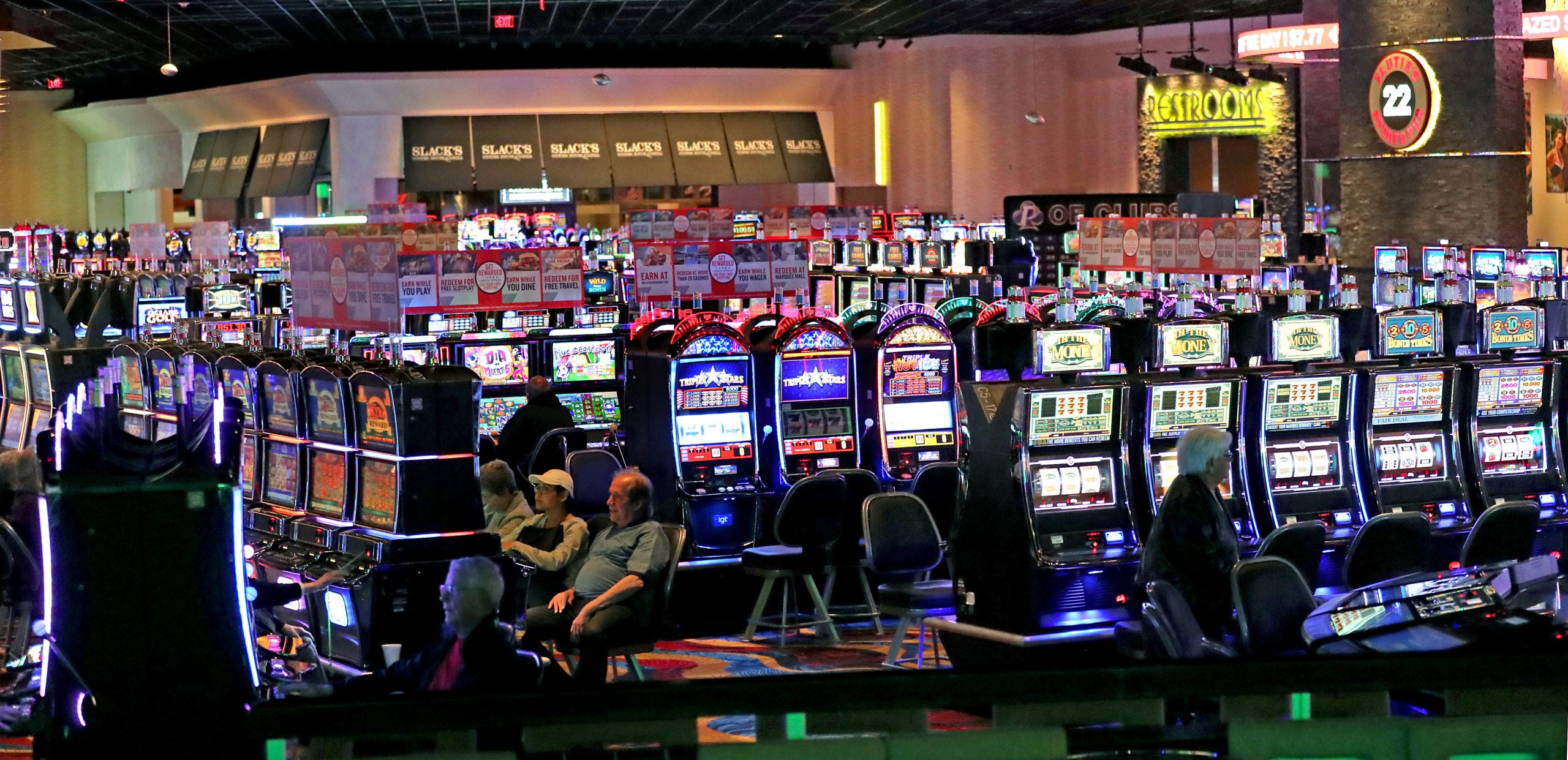
Gambling in casinos has long been a topic of fascination and controversy, drawing in millions of players globally. With a mix of chance, strategy, and the thrill of risk, casino games offer an exhilarating escape from everyday life. However, as entertainment becomes ever more available, it invites a deeper examination of the morality surrounding these games.
At the heart of the debate lies the question of whether casinos promote safe gambling or take advantage of at-risk individuals. The allure of potential winnings versus the reality of losses can create a challenging dynamic, and understanding this balance is essential for both players and operators. As we delve into the ethics of casino gaming, we will explore the responsibilities of casinos, the effects on society, and the steps that can be taken to foster a healthier gaming environment.
The Impact of Casino Gaming on Society
Gambling in casinos has a notable influence on the community, affecting not only the financial landscape but also interpersonal dynamics and local frameworks. The revenue generated from casinos can lead to employment opportunities and boost regional economies, as they provide multiple employment opportunities in multiple fields including food and beverage, leisure activities, and shopping. However, while the economic advantages can be substantial, communities often grapple with the potential negative impacts that arise from higher gambling activity.
Moreover, the presence of casinos can lead to an increase in gambling addiction, presenting serious challenges for players and families. The excitement of casino games can quickly evolve into a habitual habit, affecting connections with others and leading to monetary issues. Many players may struggle with the loss of control over their gambling habits, resulting in a need for assistance programs and interventions to address this growing issue. The social cost of gambling addiction can ripple through kinships and neighborhoods, creating an urgent need for responsible gaming initiatives.
In addition to the economic and social ramifications, casino gaming often showcases cultural attitudes towards risk and entertainment. It can foster a sense of excitement and leisure, attracting visitors and boosting local travel. However, this allure may also mask the wider implications of gambling as a form of entertainment, raising ethical questions about its advertisement and accessibility. https://78win.id/ As communities weigh the advantages and drawbacks of casino gaming, the need for responsible practices and oversight becomes increasingly critical in ensuring that the positive aspects are maximized while reducing the negative effects.
Ethical Concerns in Betting Practices
The morality of casino operations often center around the risk for addiction and its effects on people and households. Gambling can lead to significant financial distress, impacting not only the betters but also their families. As individuals become entrapped in the allure of winning, many lose track of their financial limits, which can result in catastrophic results such as insolvency. This raises moral questions about the responsibility of casinos in fostering responsible gambling habits and providing support for those who may be dealing with betting addiction.
Another critical concern is the promotion of gambling to vulnerable groups. Gambling establishments often aim at low-income people or communities with the promise of fast rewards, which can perpetuate patterns of poverty and despair. In this context, the morality of advertising strategies used by gambling establishments come under scrutiny, as they may take advantage of the need of people seeking an way out from economic troubles. This manipulation raises moral questions about the integrity of the betting industry and its obligation to safeguard its most vulnerable customers.
Additionally, the impact of casino gaming on society as a entirety cannot be ignored. While some argue that casinos create employment and boost local economies, others point to the community costs associated with dysfunctional gambling, increased crime rates, and a strain on public resources. Balancing financial advantages with the risk for social harm presents a complex ethical dilemma for policymakers and gambling operators alike. The difficulty lies in finding a ethical approach that takes into account the well-being of people and society while still allowing for the enjoyment of gambling gaming.
Regulatory System and Duties
The legal structure related to gaming games is designed to ensure justice, honesty, and gambler safety. Various government entities and gambling commissions establish and apply regulations that dictate how gaming games function, the standards for product creation, and the procedures for processing prizes. These regulations vary by locale but typically involve permit requirements for operators and stringent measures to avoid deception and dishonesty. 78WIN
In furthermore to oversight bodies, casino businesses bear major accountability in maintaining principled standards within their venues. They must adopt safe gaming practices that support gambler security and education, including providing self-exclusion options and offering information about the risks related to gaming. Operators are also responsible for educating workers to spot signs of compulsive betting and understand the correct measures to support visitors in trouble.
Furthermore, clarity in gambling operations is vital for building and maintaining public faith. Operators should offer clear data about the chances of games, promotional offers, and any associated hazards. By promoting an environment of honesty and accountability, gambling establishments can help lessen the likelihood negative impact of gambling while boosting the overall gambling experience for all participants.
